Table of contents
Endometriosis and PCOS are both prevalent conditions in women. These conditions affect their reproductive organs, hormone levels, cause infertility, and more. While these two conditions have similar symptoms, they are actually quite different. What are the differences between PCOS and endometriosis, and how can they be treated? In this blog, we are going to answer these questions and more.
Comparing Endometriosis and PCOS: What's the Difference?
When trying to get to the bottom of their pain or infertility, many women begin to explore endometriosis vs PCOS. What is the difference between PCOS and endometriosis, and is there even a difference? Let's dive into each condition and its unique characteristics.
Endometriosis Explained: What It Is and How It Affects You
Endometriosis is a disorder that causes the tissues that line a woman's uterus (the endometrium) to begin growing outside of the uterus. This endometrial tissue can affect a woman's ovaries, fallopian tubes, and pelvic cavity lining. This condition is excruciatingly painful and can be debilitating for some women.
The endometrial lining will act as it does in the uterus. It will thicken and then begin to break down and bleed, just as it would in the uterus. Since there is nowhere for the blood to escape, it becomes trapped. The surrounding tissues can become irritated by this, and scar tissue can begin to form. Fibrous tissues can start causing pelvic tissues and organs to stick together. This is just as painful as it sounds and effects over 10% of women who suffer from it.
PCOS Explained: What It Is and How It Affects You
Polycystic ovary syndrome occurs in women when their ovaries produce too many androgens, male sex hormones. These women also begin to develop small fluid-filled follicles in their ovaries that surround the eggs. This results in irregular periods, ovulation, and many other symptoms. PCOS can affect women of all ages but most commonly, women from 15-45 years of age and around 4-20% of women worldwide.
Many women with PCOS will suffer from insulin resistance. Science is still debating whether PCOS causes insulin resistance or vice versa. Nonetheless, 70-95% of obese PCOS patients and 30-75% of lean PCOS patients will deal with it. Insulin resistance is when the body is not using insulin properly, causing the pancreas to make too much. This excess insulin causes inflammation, weight gain, impairs ovulation and makes excess testosterone.
Women with PCOS are also at a higher risk for developing cardiovascular problems and diabetes.
The Difference Between PCOS And Endometriosis
The difference between PCOS and endometriosis is that PCOS is caused by an overproduction of androgens causing a hormonal imbalance. This imbalance leads to irregular periods, lack of ovulation, ovarian cysts, amongst other symptoms. In comparison, endometriosis is a uterine issue that causes tissue to grow outside of the uterus and is linked to excess estrogen.
Can You Have PCOS And Endometriosis At The Same Time?
Can you have PCOS and endometriosis together? Yes, since PCOS and endometriosis are two different disorders, you can have them simultaneously. A 2015 study concluded that women with PCOS are more likely to be diagnosed with endometriosis.
Doctors believe that when women have endometriosis and PCOS at the same time it is due to the excess androgens and insulin, causing excess estradiol. Estradiol is a type of estrogen that puts women at a higher risk of developing endometriosis when increased.
Do I Have PCOS or Endometriosis? A Detailed Symptom Comparison
Since women can have PCOS and endometriosis at the same time, it can be hard to narrow down which one you have and if you have both. However, if you experience any of the following symptoms, you should visit your physician or gynecologist for some testing:
- Pelvic pain
- Bleeding between periods
- Irregular periods
- Experiencing infertility
- Painful sex
Often when caught early enough, PCOS and endometriosis can be successfully managed and treated.
Comparing Symptoms: PCOS vs Endometriosis
While PCOS and endometriosis share some common symptoms like painful periods, irregular bleeding, and infertility, there are key differences in the symptoms that point to one condition or the other.
Symptoms of Endometriosis:
Endometriosis is characterized by:
- Severe cramping and pain during menstruation that worsens over time
- Pain in the pelvis, lower back, and abdomen
- Pain during or after sexual intercourse
- Heavy menstrual bleeding and possible spotting between cycles
- Gastrointestinal symptoms like diarrhea, constipation, nausea
- Bladder pain and discomfort
- Fatigue and lack of energy
The pain and abnormal bleeding associated with endometriosis often stem from the endometrial tissue growing outside of the uterus and bleeding internally during the menstrual cycle.
Symptoms of PCOS:
In contrast, the symptoms of PCOS tend to revolve around irregular menstrual cycles, hormonal imbalances, and metabolic issues:
- Infrequent, irregular, or prolonged menstrual periods
- Excess hair growth (hirsutism) on the face, chest, and back
- Severe acne and oily skin
- Thinning scalp hair or male pattern baldness
- Darkening of skin on the neck, groin, or underneath breasts
- Obesity and rapid weight gain
- Skin tags on the neck or armpits
- Depression, anxiety, and mood disorders
These symptoms reflect the underlying hormonal imbalances (high androgen and low estrogen levels) and potential insulin resistance associated with PCOS. The lack of ovulation prevents normal menstrual cycling.
While pain during periods can occur with PCOS, it is generally not as extreme or debilitating as with endometriosis. The key differentiation comes from the extra-uterine tissue buildup and inflammation unique to endometriosis. Being aware of the nuanced symptom profile of each condition can help identify the likely cause and guide effective treatment.
Conclusion: Differentiating PCOS and Endometriosis – Symptoms, Risks, and Overlaps Explained
In conclusion, Endometriosis and Polycystic Ovary Syndrome (PCOS) are both significant conditions affecting women's reproductive health but differ in underlying causes and manifestations. Endometriosis involves tissue growth outside the uterus, leading to immense pain and heavy bleeding. PCOS is characterized by hormonal imbalances, causing ovarian cysts, irregular periods, and weight gain. Both share overlapping features like infertility and heavy bleeding. Risks for endometriosis include excess estrogen, while PCOS has a higher risk of cardiovascular issues and diabetes. Though distinct, these conditions can coexist, and understanding the unique symptoms and treatments is essential for proper management.
Frequently Asked Questions About PCOS and Endometriosis
Question1: Can you have PCOS and endometriosis?
A: Yes, it is possible to have both PCOS and endometriosis simultaneously. They are two distinct conditions and can coexist, complicating diagnosis and treatment.
Question2: Can PCOS cause endometriosis?
A: PCOS doesn't directly cause endometriosis. They are separate disorders, but women with PCOS may have a higher likelihood of being diagnosed with endometriosis due to hormonal imbalances.
Question3: Can endometriosis cause PCOS?
A: Endometriosis does not cause PCOS. While both involve reproductive and hormonal issues, they stem from different underlying problems and are considered separate conditions.
Question4: What is the difference between endometriosis and PCOS?
A: The difference lies in their underlying causes and symptoms. PCOS involves hormonal imbalances leading to ovarian cysts, while endometriosis concerns uterine tissue growing outside the uterus. Their treatments and symptom management also differ.
References:
1 - Endometriosis. By Mayo Clinic Staff. Published July 2018.
2 - Endometriosis. By World Health Organization. Published March 2021.
3 - The Prevalence of Polycystic Ovary Syndrome: A Brief Systematic Review. By Deswal R, Narwal V, Dang A, Pundir CS. Published December 2020.
4 - The link between PCOS and insulin resistance. By Dr. L Briden. Published September 2018.
5 - Cardiovascular Risk in Women With PCOS. By Scicchitano P, Dentamaro I, Carbonara R. Published September 2012.
6 - The Potential Implications of a PCOS Diagnosis on a Woman’s Long-Term Health Using Data Linkage. By R Hart, D A Doherty. Published March 2015.



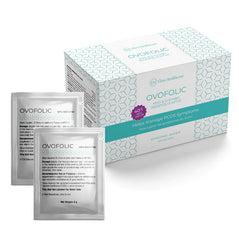

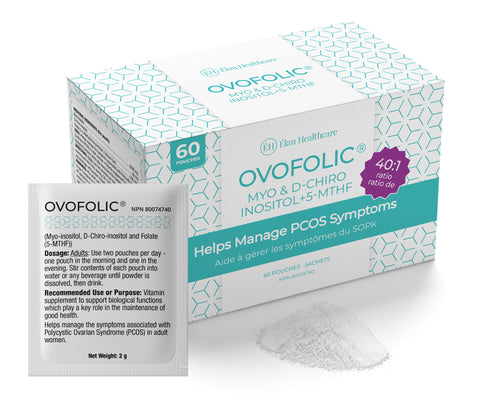
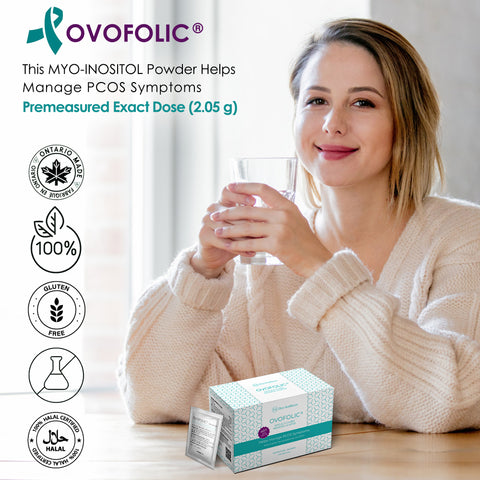
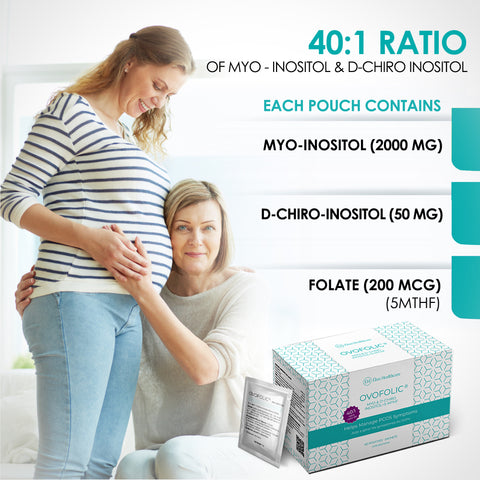

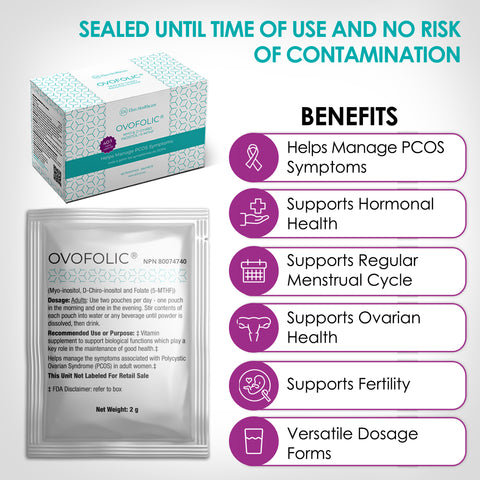
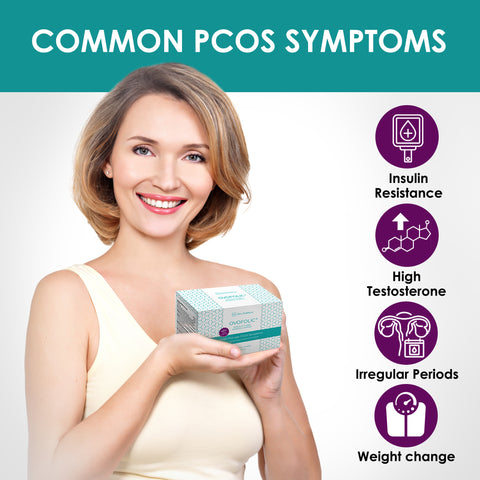
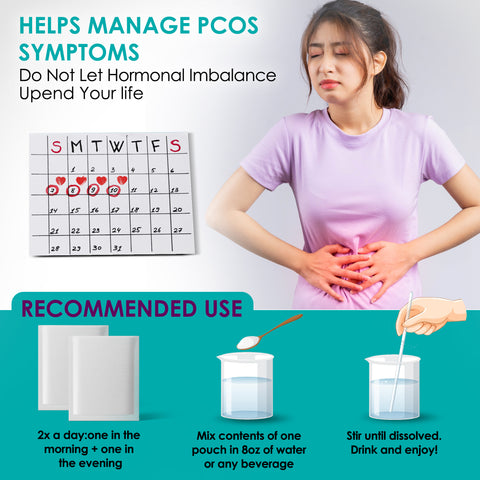
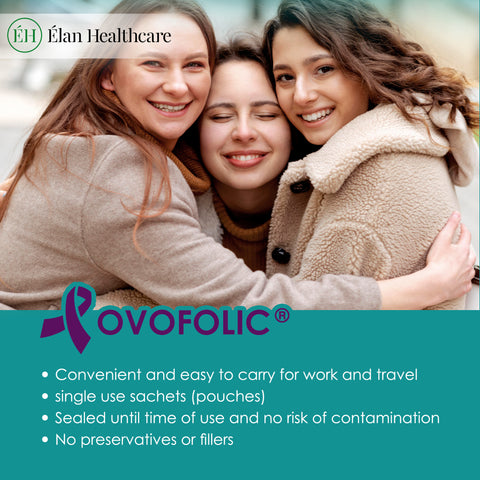
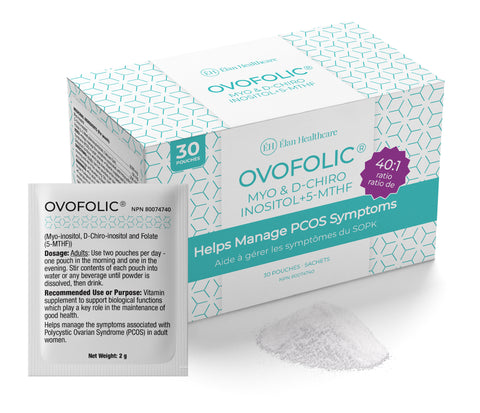









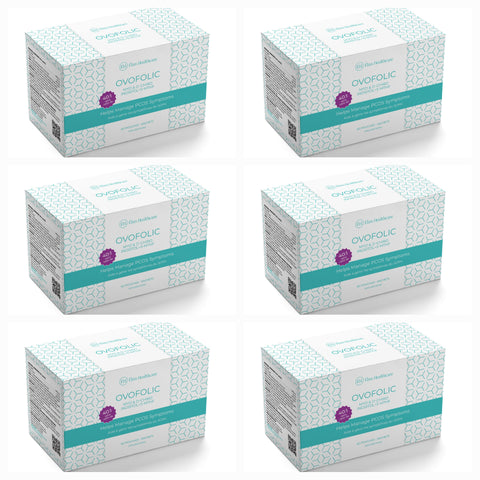
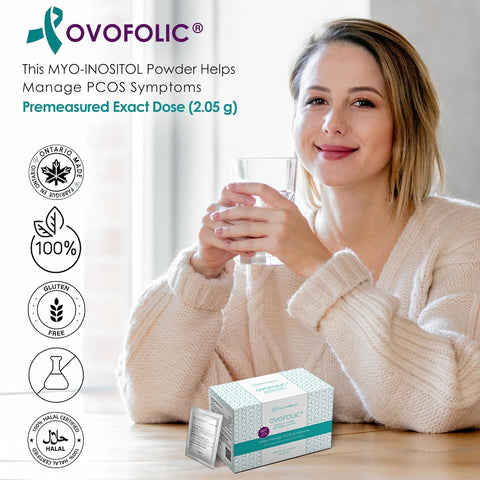
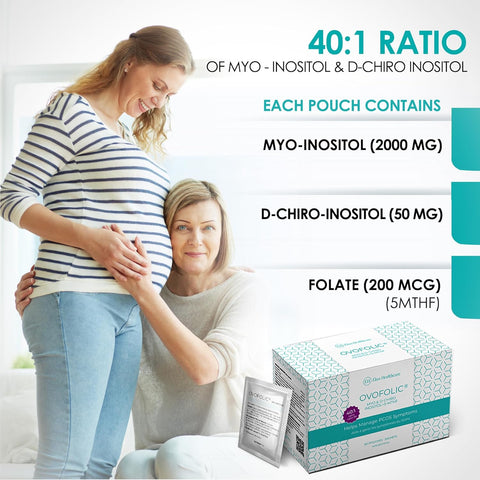

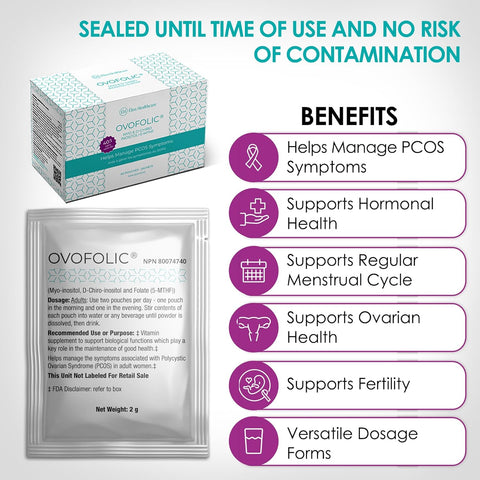
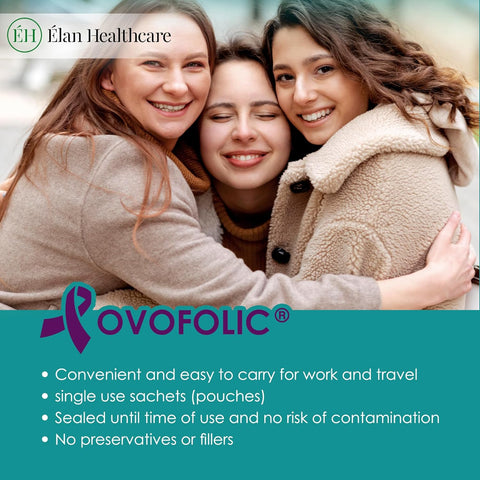
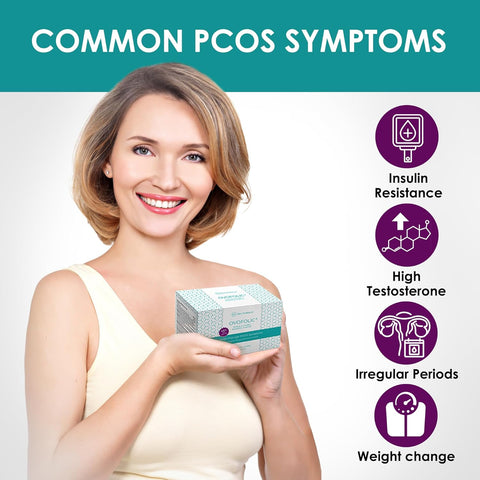
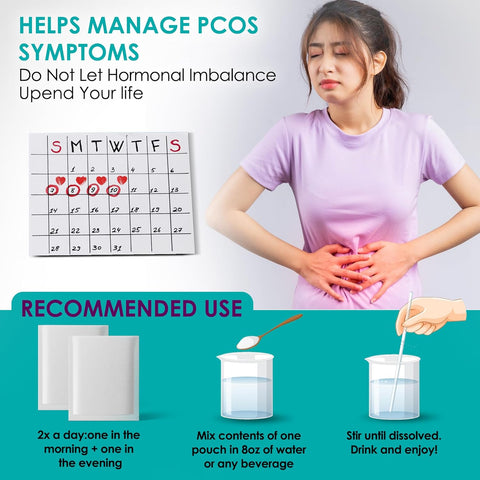


No comments yet.
There are no comments for this article. Be the first one to leave a message!
+ Open to leave a Comment